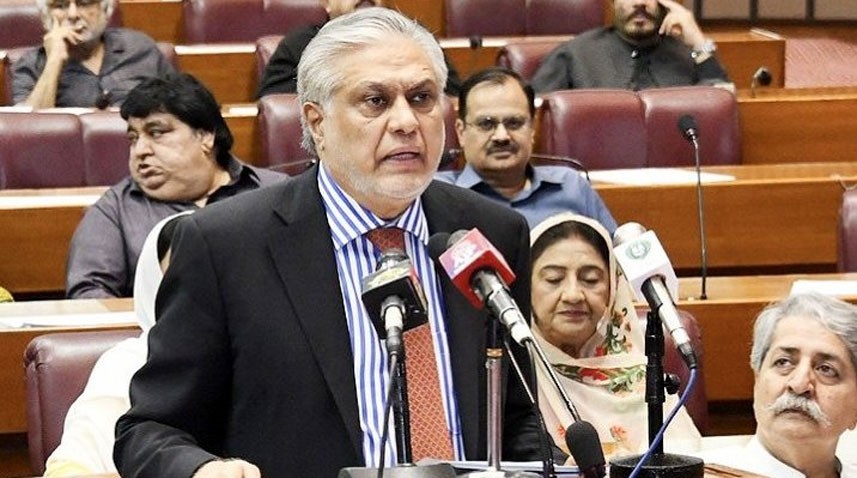 |
| Finance Minister Ishaq Dar speaks at the Pakistani Parliament . (Source: Radio Pakistan) |
Pakistan Finance Minister Ishaq Dar announced on June 24 that the government has lifted all import restrictions. The decision to restrict imports was made in December last year to curb the current account deficit, one of the main concerns of the International Monetary Fund (IMF) when it conducted its ninth review to ensure a new disbursement package for Pakistan.
Pakistan is negotiating with the IMF to release loans from a $6.5 billion bailout package to prevent its economy from collapsing. The IMF said Pakistan must comply with certain requirements, such as raising taxes and securing external financing, if Islamabad wants to release $1.1 billion in bailout funds, part of a package agreed in 2019.
Speaking in the Pakistani parliament, Minister Ishaq Dar said the government agreed to raise taxes to raise revenue by 215 billion rupees ($750 million) but the tax increase would not affect the poor.
Pakistan is currently saddled with a foreign debt of up to $100 billion while its gross domestic product (GDP) has shrunk following last year's devastating floods, and it is struggling to revive exports and improve its balance of payments. Pakistan is expected to be the next South Asian country after Sri Lanka to declare foreign debt default.
Like many other low- and middle-income countries, Pakistan has long-standing trade and current account deficits. Exports have been sluggish for both domestic and external reasons, while imports have been rising.
According to World Bank (WB) data, Pakistan's external debt increased from $60 billion to $108 billion between 2013 and 2018. Then, special factors such as the Covid-19 pandemic, the impact of the war in Ukraine and floods made the situation worse.
| RELATED NEWS | |
| Vietnam-Pakistan: Accelerating connectivity, boosting exports to reach 1 billion USD in trade in 2022 | |
The trade deficit, which had narrowed from $27 billion in 2019 to $24 billion in 2020, widened to $47 billion in 2021. By February, Pakistan’s foreign exchange reserves had fallen to a 10-year low of just over $3 billion, enough to cover only about 2.5 weeks of imports of essential goods.
The crisis forced the Pakistani government to tighten its grip on imports. The country had to restrict fuel consumption, leading to widespread power cuts. The reduction in food and raw material imports led to shortages and inflation.
Source




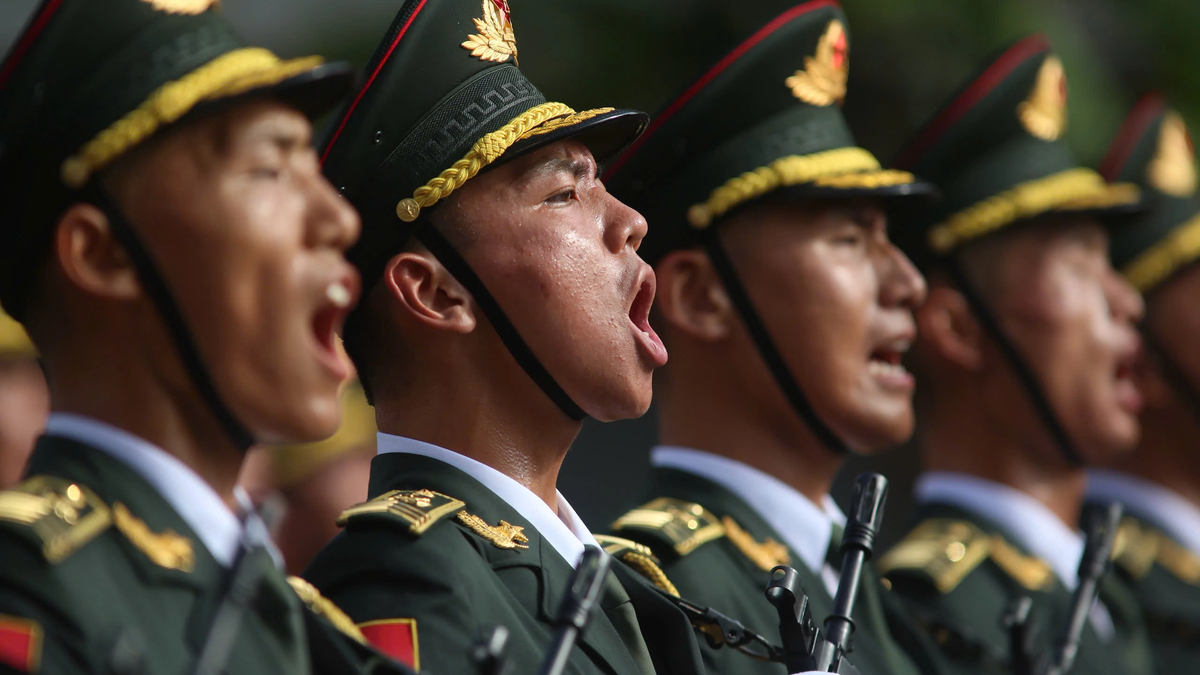
![[Photo] The majestic "sea eye" in the middle of the ocean of Da Nang city](https://vphoto.vietnam.vn/thumb/1200x675/vietnam/resource/IMAGE/2025/9/3/a2cdfcc4501140e6a6bc2ad767f64b36)











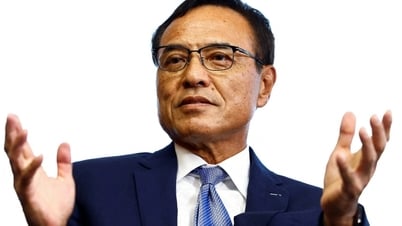

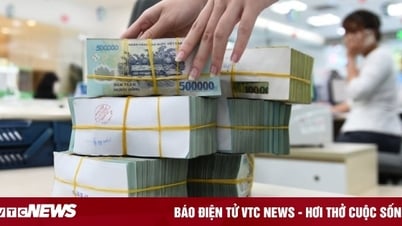












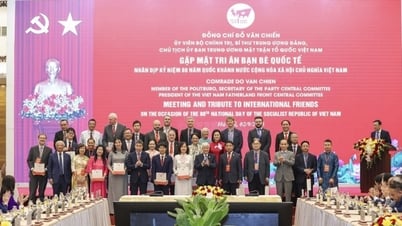

















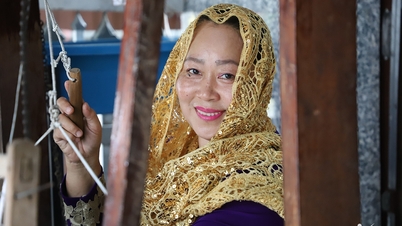





















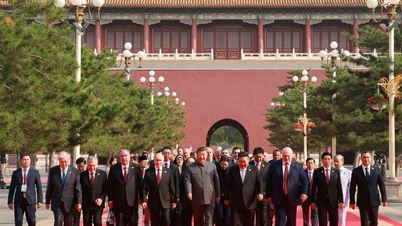




















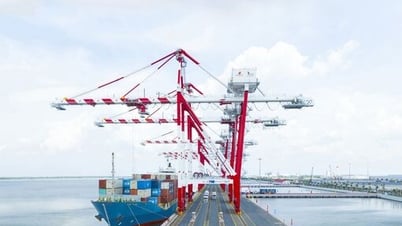











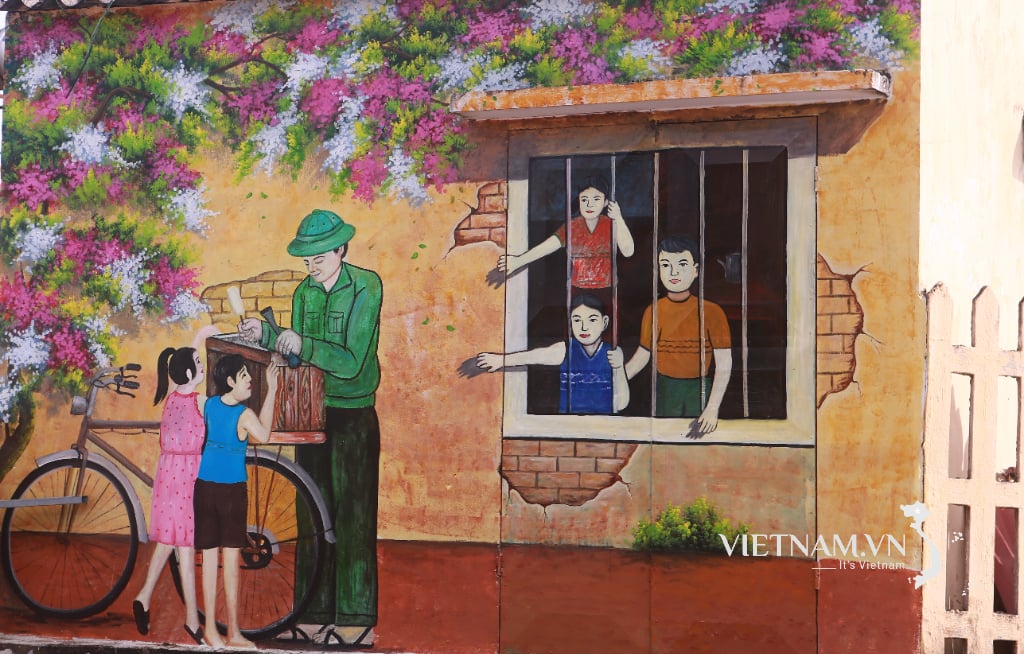
Comment (0)